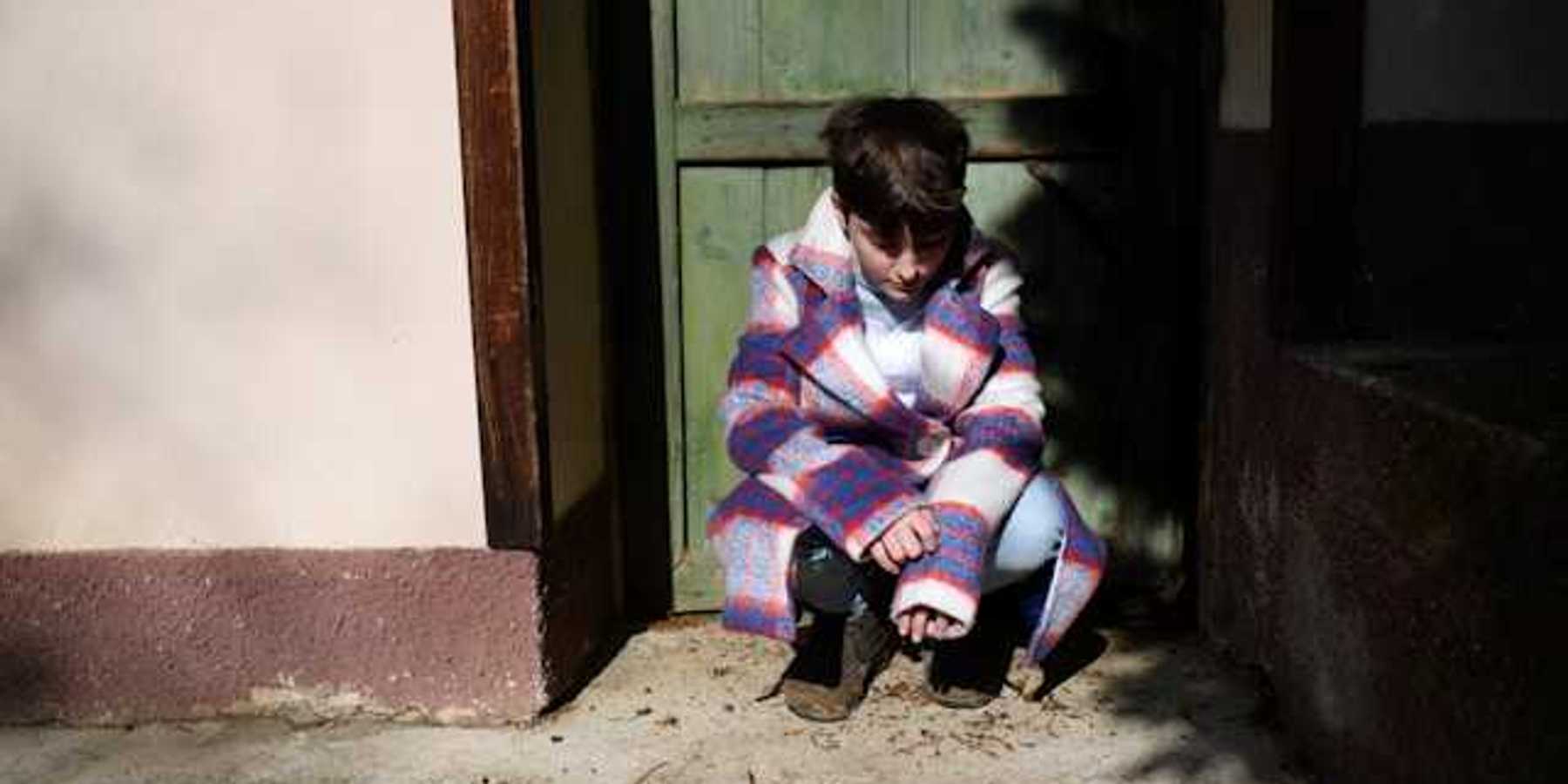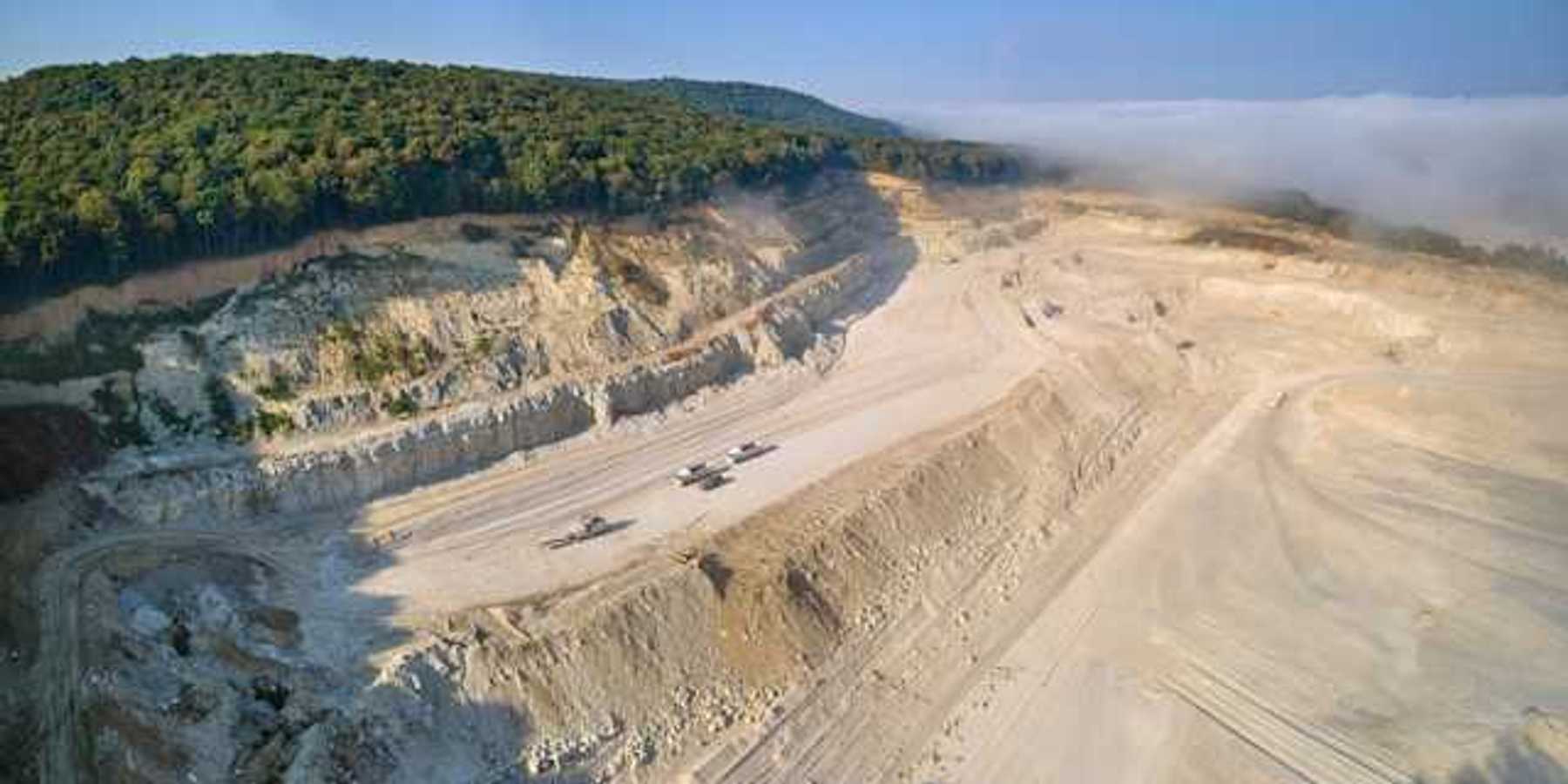
What I learned reporting on environmental health in Pittsburgh in 2022
For a lot of people, 2022 felt like the first “normal” year since 2020. It didn’t for me.
PITTSBURGH — Covering environmental health during an ongoing global pandemic felt tricky at first.
Initially, it felt trite to talk about anything health-related that wasn’t the pandemic when the coronavirus was so obviously the greatest threat to our collective health.
The pandemic is not over — the virus continues to kill hundreds of Americans every day — but as it wears on, it’s become clear that threats to our environmental health exacerbated the pandemic and made us more vulnerable to its impacts.
Research suggests that climate change and habitat loss were likely underlying causes of the pandemic and that exposure to air pollution made people more vulnerable to the virus. Research has also shown links between levels of exposure to certain toxic chemicals and the severity of COVID-19 symptoms.
This year, much of the news shifted focus away from the pandemic, returning to the issues that were put on pause while the COVID-19 virus was all anyone could think or talk about, making it unnecessary to illuminate links to the virus in every news story. But it would be a mistake to stop thinking and talking about these big-picture connections.
Environmental health and vulnerable communities
For a lot of people, 2022 felt like the first “normal” year since 2020. It didn’t for me. My partner has an autoimmune disorder and takes medicine that suppresses his immune system, making him much more vulnerable to the coronavirus and its long-term effects. So while some of our loved ones have resumed going to concerts and parties to celebrate a return to “before times,” we’ve continued doing all those old, familiar 2020 things — wearing N95 masks anytime we’re in public, avoiding large indoor gatherings and ordering takeout instead of eating in restaurants.
What did change for me in 2022 was a deepened understanding of how interconnected the issues that impact our health are — something disability rights activists have spent the entire pandemic raising the alarm about.
The public health response to the pandemic bears many similarities to our response to environmental health issues, many of which disproportionately impact the same people. In both cases, we fail to prioritize the health of these vulnerable groups, despite the fact that 61 million Americans — one in every four of us — lives with a disability, one in every five Americans lives with autoimmune disorders and one in six Americans has a chronic disease.
For example, this year I wrote about a study that found certain types of air pollution particles are significantly more deadly for patients with certain types of lung disease than others, which likely means they’re more dangerous for healthy people, too. Most of our current air pollution standards are geared toward protecting “healthy people,” which means the levels of air pollution that most of us are exposed to on a daily basis create elevated risk for everyone, and potentially life-threatening risks for those of us living with disabilities, autoimmune disorders and chronic diseases.
I observed these kinds of disproportionate risks to vulnerable communities in nearly every story I covered this year, including the proposed siting of a hazardous waste landfill near homes and a school, arsenic and heavy metals from coal ash poisoning groundwater, widespread contamination from harmful "forever chemicals" and toxic emissions from fracking wells and plastic plants.
Environmental health solutions

Credit: Jen Palmer/Unsplash
I also wrote a comprehensive guide to environmental health in western Pennsylvania this year, highlighting the ways our zip codes determine whether we get to be considered safe among the “healthy people” who are expected to be able to withstand the threat of barely mitigated pandemics and pollution, or whether we’re among those who are left to fend for ourselves.
Recognizing these connections illuminates the vastness of our problems, but it also reveals that solutions to one problem can be instrumental in solving many more.
For example, I wrote about a groundbreaking new type of air monitor developed at Carnegie Mellon University that aims to make air pollution monitoring more accurate and equitable, with the potential to revolutionize the way we think about, monitor and regulate air pollution.
I also wrote about a study that found solar power at Pennsylvania schools doubled during the pandemic thanks in large part to student climate advocacy, and about how Colorado passed groundbreaking legislation that will protect its residents from exposure to harmful chemicals used by the oil and gas industry and the pathways Pennsylvania and states can take to do the same.
These stories provide a blueprint for other networks to create meaningful, systemic changes that will make our world more equitable for everyone — not just those deemed healthy enough to be worthy of protection.
A New War on Cancer
This year, I also wrote my first book, which will be published in May 2023. It’s called “A New War on Cancer: The Unlikely Heroes Revolutionizing Prevention,” and it’s about preventing cancer by reducing widespread exposure to carcinogens in our everyday lives.
In the course of writing it, I learned that these chemicals are so pervasive it’s impossible to shop our way out of this problem as individual consumers — that no matter how healthy or wealthy we are, or how much time we’re able to spend reading product labels, it isn’t possible to avoid near-constant exposure to chemicals that raise our cancer risk.
The only way for any of us to stay safe is to implement policies that keep all of us safe. The good news: There’s a growing, national movement aimed at doing just that. “A New War on Cancer” profiles the people leading this movement and empowers readers to get involved.
We all deserve health protections
It gives me hope that this new movement to fight cancer aims to help everyone simultaneously — it isn’t starting with a “trickle down” model, as so many social movements of previous generations have (See: The LGBTQ comunity’s early exclusion of trans people from legislative efforts, the feminist movement’s history of excluding women of color).
Instead, it starts from the ground up, incorporating the concept of intersectionality, which, at its most basic level, says we can’t have true justice for some without achieving justice for all. In the case of preventing cancer risk from exposure to harmful and ubiquitous chemicals, that’s true on a literal, physical level.
In 2023, I hope to cover more attempts to expand our shared search for safety and wellness that prioritize everyone’s health — not just those deemed “healthy enough” to be worthy of protection.













